CMI Level 3
The written word, however generated and recorded, is still expected to form the majority of assessable work produced by Learners at Level 3. The amount and volume of work for this unit should be broadly comparable to a word count of 2000-2500 words within a margin of +/-10%. The excessive use of word count is […]
Volunteers bring valuable skills and abilities that can enhance the work of paid staff in an organisation. When managed effectively, they can help improve the quality and capacity of services offered. This unit aims to provide managers with the knowledge to engage, motivate, and support volunteers, helping them succeed in their roles while encouraging a […]
A skilled and adaptable workforce is a group of people with the knowledge, skills, and abilities to meet and exceed goals. This unit helps managers identify and choose innovative development opportunities. It also guides them in finding ways to encourage participation and shows how to track the impact of development activities on individuals, teams, and […]
The written word, however generated and recorded, is still expected to form the majority of assessable work produced by Learners at Level 3. The amount and volume of work for this unit should be broadly comparable to a word count of 2000-2500 words within a margin of +/-10%. The excessive use of word count is […]
The CMI 305 Building Stakeholder Relationships Using Effective Communication course helps professionals understand how to build strong relationships with stakeholders. Participants will explore different communication strategies, learn about the environments where stakeholder interactions happen, and apply their skills in practical exercises. The course also offers insights into the communication techniques used by successful individuals, helping […]
TASK 1 AC1.1 Explain the sources of information which state an individual’s work role and responsibilities Job descriptions serve as documents clearly outlining the tasks, duties and expectations associated with a position (Diamond & Adam, 2023). For example, a software engineer’s job description might specify responsibilities such as coding, debugging and collaborating with functional teams. […]
TASK 1 AC1.1 Define the Purpose of Teams According to Darmawan et al. (2020), the purpose of the team is to work together towards common goals and objectives, increase productivity, ensure quality and serve as a strong support system. Teams achieve continuous improvement by bringing together diverse skills and perspectives, developing new initiatives and nurturing […]
TASK 1: Understand change within organisations Managers are often asked to make changes, and to do this effectively, they need to understand what change is and how people react to it. AC 1.1 Identify reasons for change in an organisation 1. Technological advancements have an impact on shaping change. As new technologies emerge and evolve […]
TASK 1: The role and purpose of projects within organisations Projects help achieve the goals of an organization. This task explores the various types of projects that organizations use, the reasons for using projects, and how projects differ from regular activities. AC 1.1 Identify the differences between projects and everyday activities There are differences between […]
Task 1 AC1.1 Explain the importance of effective communication in the workplace Effective communication plays a role in promoting collaboration, enhancing productivity and fostering a work environment (Gerards, Van Wetten and van Sambeek, 2021). Communication involves the exchange of ideas, thoughts and information among individuals or groups. Clear and concise communication ensures that all team […]










